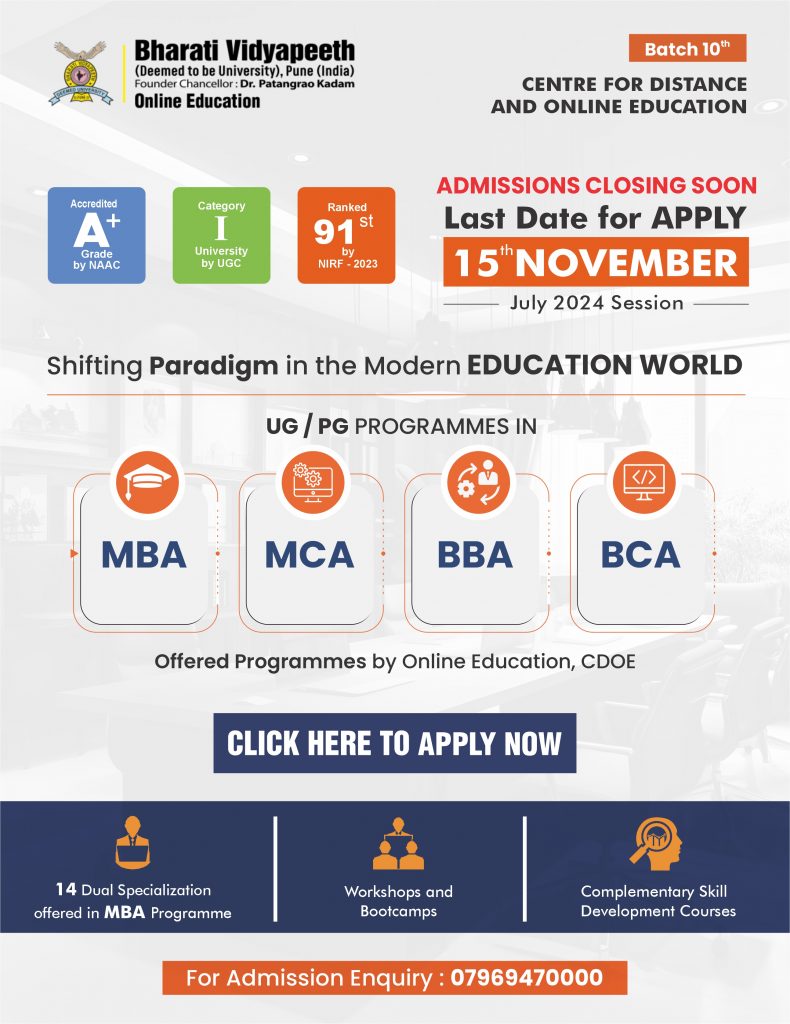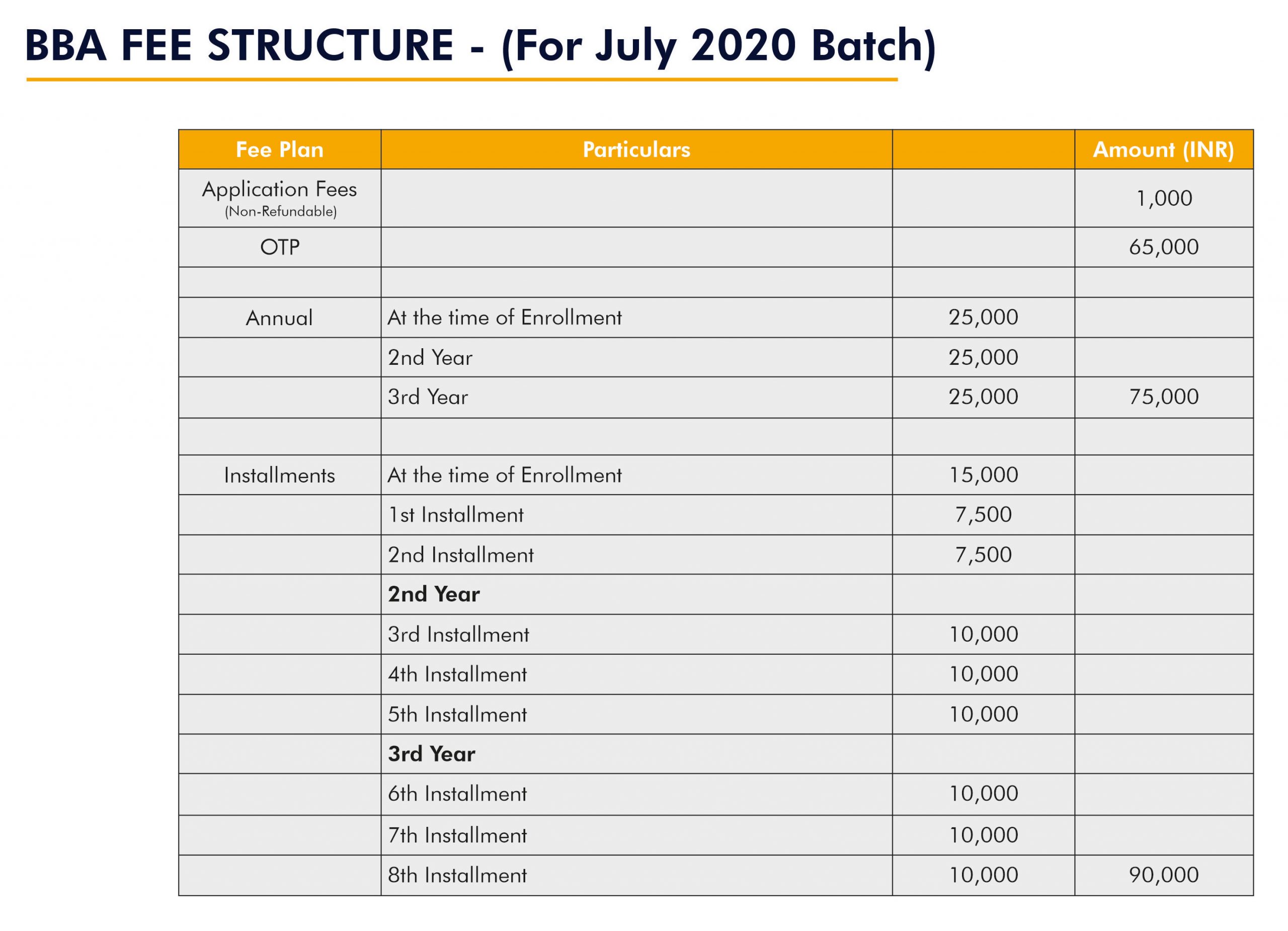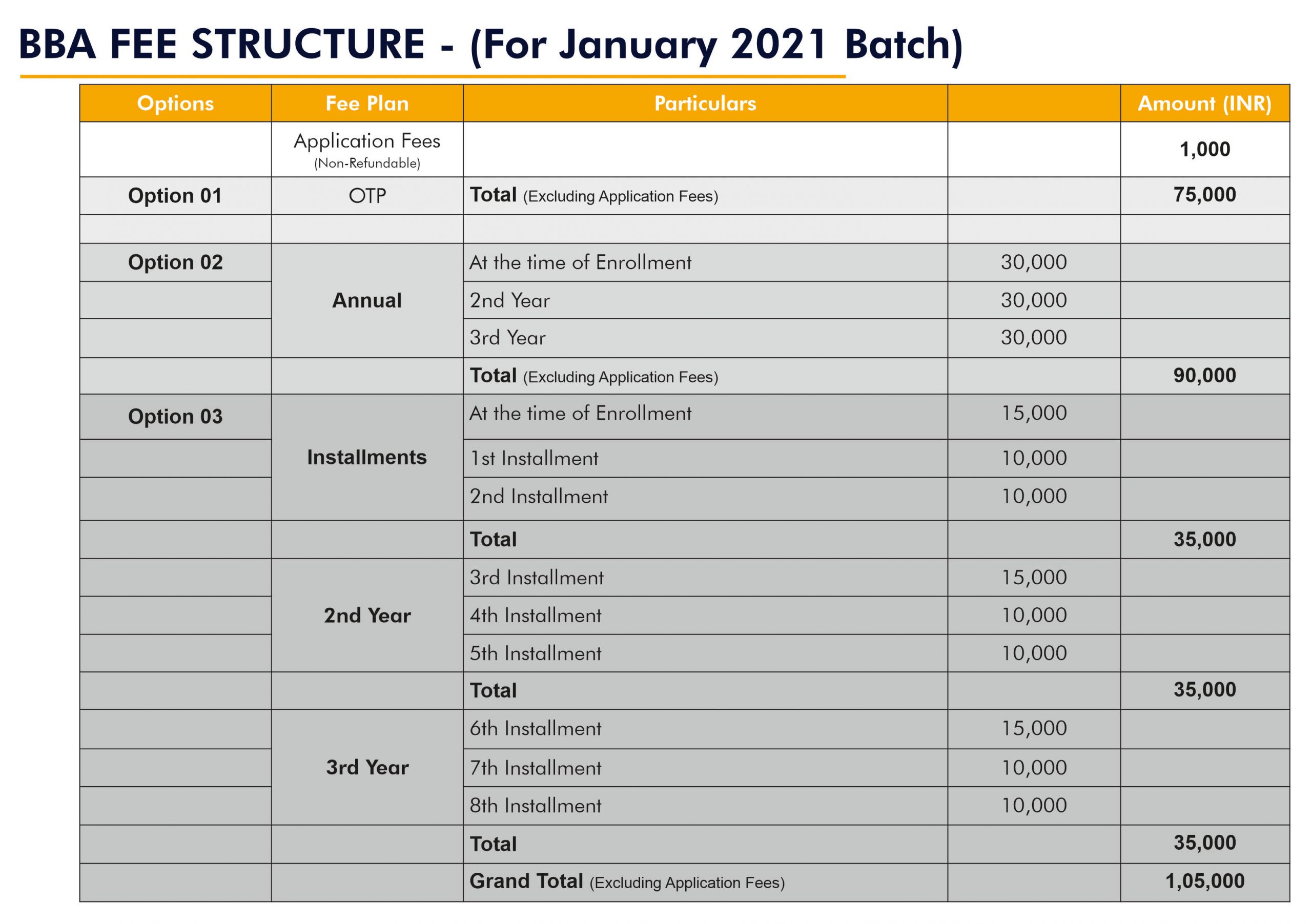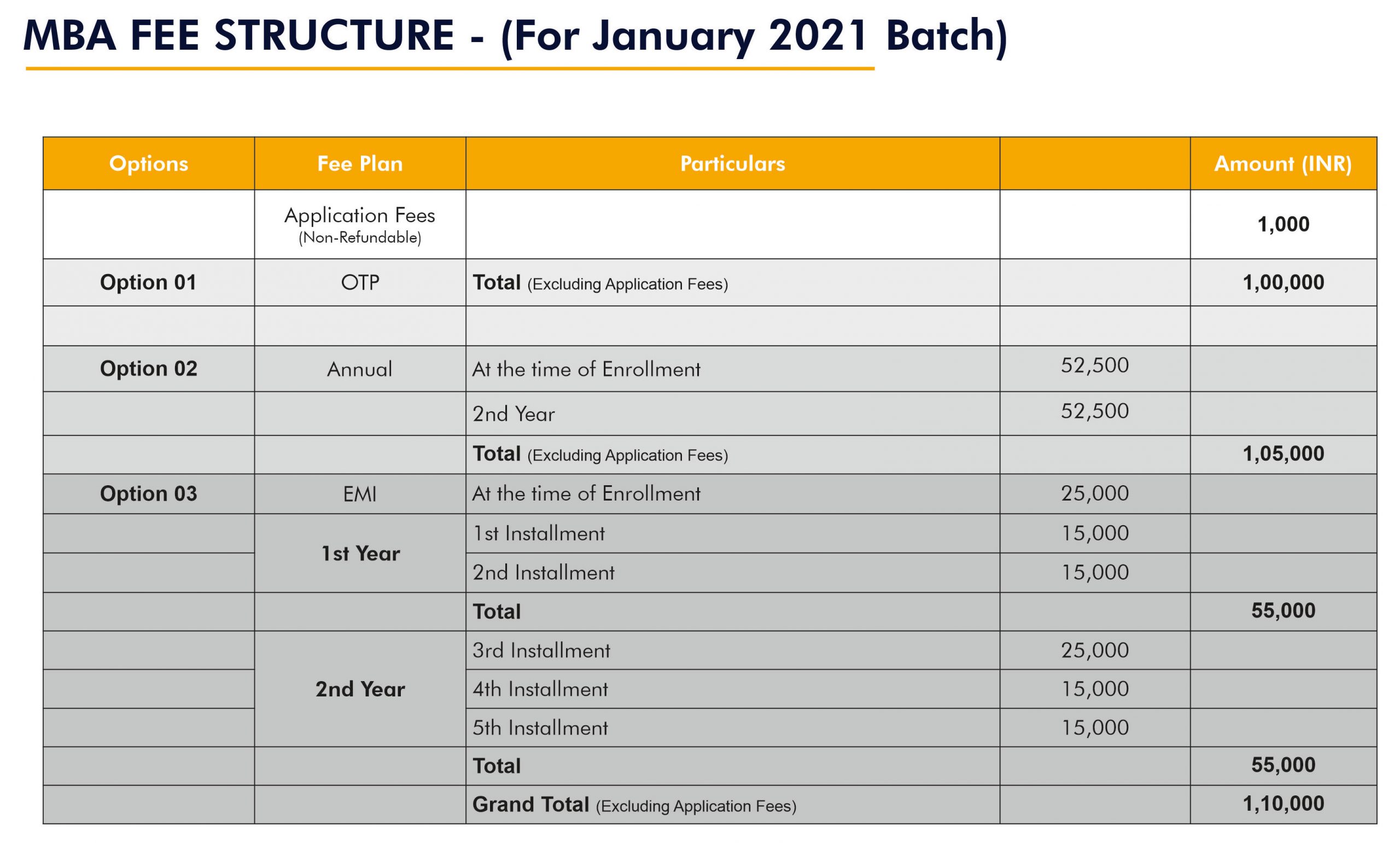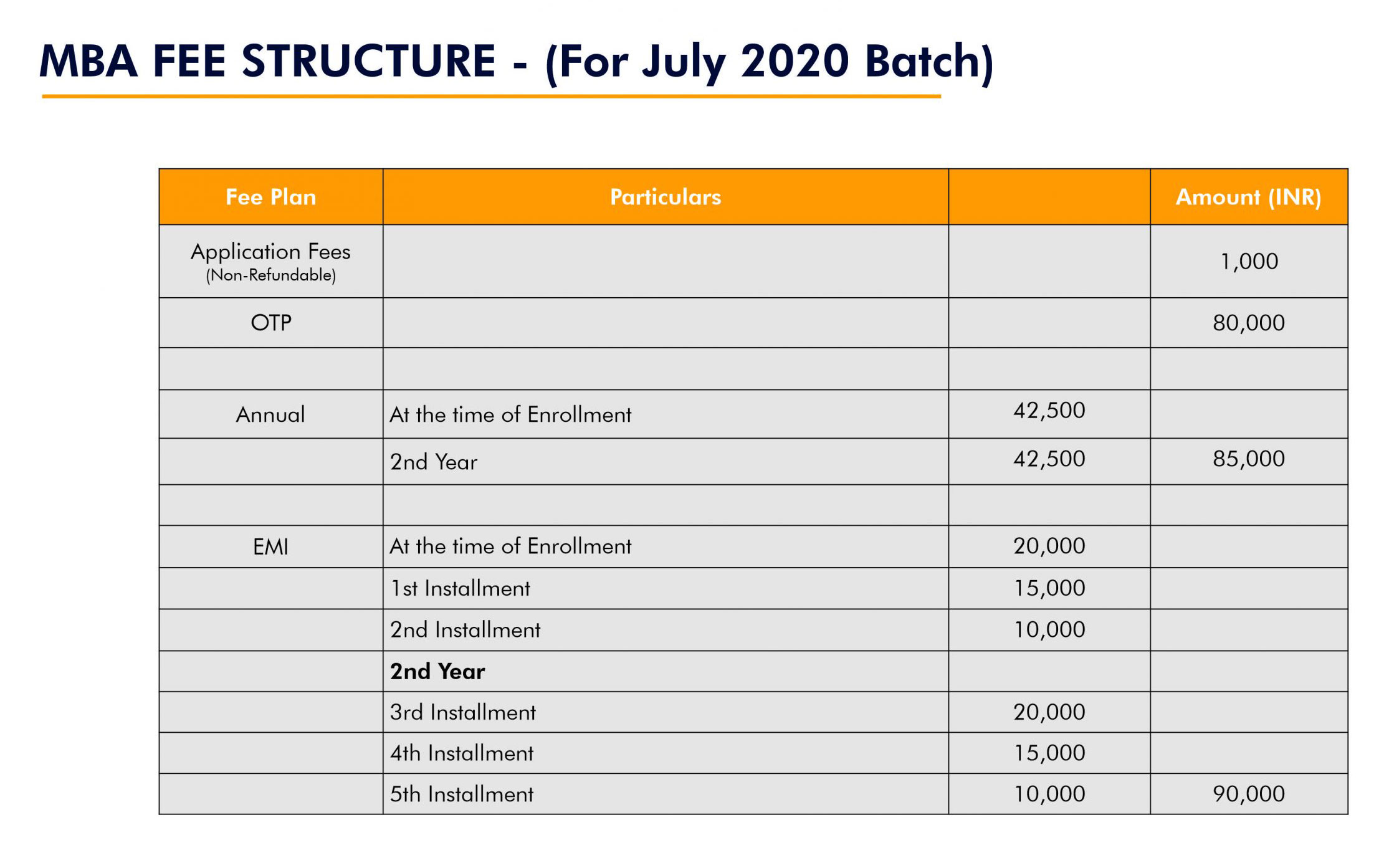Job hunting in today’s competitive market requires more than just submitting resumes to online job boards. To stand out, candidates must strategically craft resumes, master the art of interviewing, and leverage their networks effectively. This comprehensive guide will cover resume writing, interview preparation, and networking strategies to help you succeed in your job search.
1. Crafting the Perfect Resume
The resume is your first opportunity to make an impression on a potential employer. A well-crafted resume should not only showcase your skills but also highlight your achievements and experience in a way that is tailored to the job you are applying for.
What to Include in a Resume
When crafting your resume, make sure to include the following key sections:
- Contact Information: Your full name, phone number, email address, and LinkedIn profile (if applicable).
- Professional Summary: A concise statement summarizing your experience, skills, and career goals. This is the hook that will capture the attention of hiring managers.
- Skills: A bullet-point list of your relevant hard and soft skills, including technical expertise and interpersonal capabilities.
- Work Experience: List your professional history in reverse chronological order. For each position, highlight key responsibilities and quantify your achievements (e.g., “Increased sales by 20% in six months”).
- Education: Include your degrees, certifications, and any relevant coursework that applies to the role.
- Keywords: Tailor your resume to the job description by incorporating keywords that are relevant to the position. Many employers use Applicant Tracking Systems (ATS) to filter candidates, so using the right words is essential.
Common Resume Mistakes to Avoid
- Overloading with Unnecessary Information: Keep your resume concise. Stick to relevant experience and skills.
- Grammatical Errors: Proofread your resume multiple times to ensure it’s free of typos or grammatical mistakes.
- Using Generic Templates: Customize your resume for each job application and avoid using generic templates that don’t align with the industry you’re targeting.
2. Mastering the Interview Process
Once your resume gets you in the door, the next hurdle is facing the interview. Interviewing effectively requires preparation, confidence, and the ability to communicate your value clearly.
Why Interview Preparation is Crucial
The interview is your opportunity to demonstrate why you are the best fit for the position. Preparation is key to making a strong impression. Research the company, review the job description, and practice common interview questions.
How to Prepare for an Interview
- Research the Company: Understanding the company’s values, culture, and mission will help you tailor your answers to align with what the employer is looking for.
- Review Common Interview Questions: Practice answering typical interview questions like “Tell me about yourself,” “Why do you want to work here?” and “What are your strengths and weaknesses?”
- Prepare STAR Responses: For behavioral interview questions (e.g., “Tell me about a time when…”), use the STAR method (Situation, Task, Action, Result) to structure your responses.
- Dress Appropriately: First impressions matter. Dress professionally and ensure your attire aligns with the company’s culture.
- Ask Thoughtful Questions: At the end of the interview, ask insightful questions to show your interest in the company and the r0ole. Questions like “What are the biggest challenges facing the team right now?” can help you stand out.
During the Interview
- Be Confident, Not Arrogant: Speak clearly, make eye contact, and show enthusiasm for the role. Confidence is attractive to employers, but arrogance can be off-putting.
- Listen Actively: Pay close attention to the interviewer’s questions, and make sure your answers are on point.
- Sell Yourself: Highlight your achievements and skills that directly relate to the position. Use real examples from your previous experiences to demonstrate your capabilities.
Following Up After the Interview
After the interview, always send a follow-up thank-you email. Express gratitude for the opportunity and reiterate your enthusiasm for the role. This small gesture can make a lasting impression.
3. Networking: The Key to Unlocking Opportunities
Networking is often the most powerful tool in a job search. The majority of job openings are never advertised; they are filled through personal connections. Building and maintaining a strong professional network can open doors to opportunities that might not be available through traditional job search methods.
Where to Network
- LinkedIn: The go-to platform for professional networking. Make sure your LinkedIn profile is up-to-date and reflects your resume. Engage with industry-related posts, join professional groups, and connect with people in your field.
- Industry Events: Attend conferences, seminars, or workshops related to your industry. These events provide valuable opportunities to meet industry leaders and potential employers.
- Alumni Networks: Don’t overlook the value of your college or university’s alumni network. Reaching out to former classmates can lead to job opportunities.
- Informational Interviews: Request informational interviews with professionals in your desired industry. These conversations can provide insights into the industry and may lead to job referrals.
How to Network Effectively
- Be Genuine: Networking is about building relationships, not just asking for favors. Take the time to get to know people and understand how you can help them as well.
- Follow Up: After meeting someone, follow up with a thank-you email or connect on LinkedIn. Stay in touch with your contacts and keep them updated on your job search.
- Offer Value: Networking is a two-way street. Be ready to offer your assistance to others. Whether it’s sharing an article or offering advice, providing value will make you a valuable connection.
Networking Mistakes to Avoid
- Being Too Aggressive: Don’t be pushy or overly aggressive in asking for job leads. Networking should be organic.
- Ignoring Online Presence: Ensure your online presence is professional. Employers often check LinkedIn profiles before interviews, so make sure yours is polished and up to date.
Conclusion
In today’s competitive job market, job seekers need to be proactive and strategic in their approach. Crafting a strong resume, acing interviews, and building a robust network are essential steps for landing your dream job. By focusing on these areas, you can increase your chances of standing out from the competition and securing the role you want.




